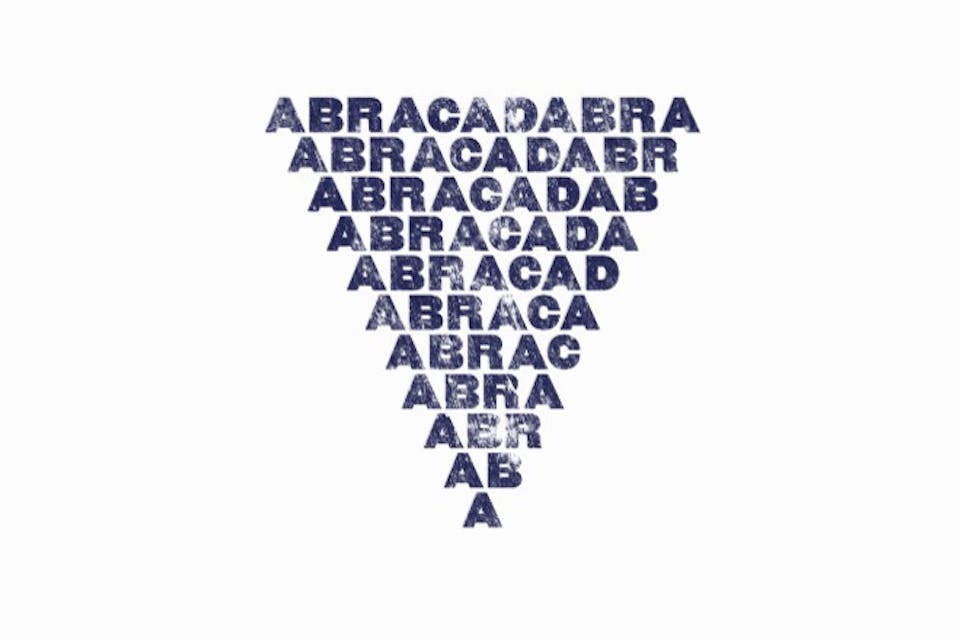
July 2, 2015
Are the Origins of “Abracadabra” Jewish?
The first written reference to the magical utterance was in a Roman text. Did it have earlier roots?
Among the many things said about President Barack Obama in Ally, the new book by Israel’s ex-ambassador to the U.S. Michael Oren, there is one that few readers may have paused to reflect on. Yet in reading Ally, I couldn’t help wondering about the assertion, made midway through Oren’s controversial analysis of Obama’s character as a product of childhood experience, that the president’s “pervasive belief in the power of words . . . reminded me of the ancient Aramaic incantation ‘Abracadabra,’ meaning ‘I speak therefore I create.’”
For a moment, forgetting all about AIPAC, Iran, and the state of Israeli-American relations, I found myself asking: is abracadabra, one of the few five-syllable English words probably known to every five-year-old speaker of the language, really Aramaic in origin? And if it is, does it mean what Michael Oren says it does?
It’s a word, it turns out, with a long written history. The earliest reference to it occurs in a Latin text, Serenus Sammonicus’ De Medica Praecepta. Serenus was the physician of the Roman emperor Caracalla, who reigned from 188 to 217 CE, and in treating of fevers and colds he prescribes an amulet on which is written: